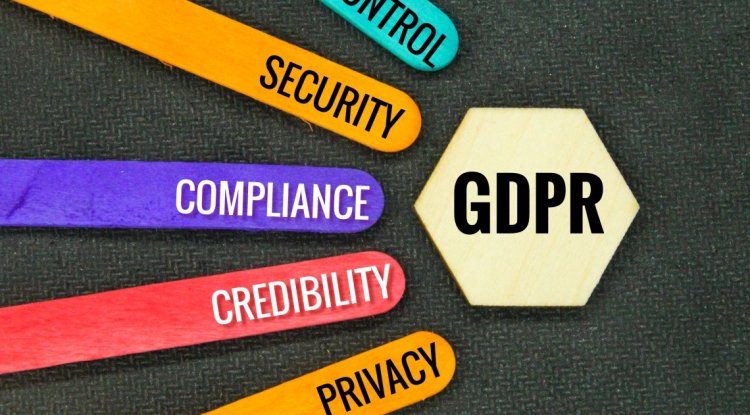Marketing Ethics Training: Fostering Ethical Practices in Teams
Explore the importance of marketing ethics training in cultivating ethical practices within teams. Learn how ethical considerations impact marketing strategies and discover a case study illustrating the positive outcomes of such training.

In the dynamic world of marketing, where strategies and tactics constantly evolve, maintaining ethical standards becomes a cornerstone of success. Ethical practices not only uphold a company's reputation but also build trust with customers, stakeholders, and the public at large. The significance of ethics in marketing cannot be understated, and this article delves into the realm of Marketing Ethics Training – an essential component for fostering ethical practices within teams.
Case Study: The Impact of Marketing Ethics Training
Imagine a mid-sized digital marketing agency facing a dilemma. A potential client seeks a campaign that pushes the boundaries of ethical practices. The team, despite wanting to secure the account, is hesitant about the ethical implications. This is where marketing ethics training steps in.
By providing comprehensive ethics training, the agency equips its team with the knowledge and tools to critically evaluate such situations. Informed by a strong ethical framework, the team chooses to decline the unethical campaign, even though it might have been financially lucrative. This decision preserves the agency's integrity and strengthens its reputation as a trustworthy partner.
Why Marketing Ethics Training Matters
-
Alignment with Core Values: Ethics training ensures that all team members are aligned with the organization's core values and ethical guidelines. This alignment fosters a cohesive and principled approach to decision-making.
-
Ethical Decision-Making: Marketing often involves complex choices. Training empowers teams to make ethically sound decisions even when faced with pressure or ambiguity.
-
Customer Trust and Loyalty: Ethical marketing builds trust among customers, leading to long-term loyalty. Teams trained in ethics understand the importance of transparent communication and fair practices.
-
Legal Compliance: Ethical marketing practices inherently align with legal regulations. Teams well-versed in ethics are more likely to avoid legal pitfalls and regulatory violations.
-
Reputation Management: A strong ethical stance safeguards a company's reputation, preventing potential damage that could arise from unethical practices.
-
Social Responsibility: Ethical marketing contributes positively to society. Teams that value ethics are more likely to engage in socially responsible initiatives.
About Myself: Raghav Chugh
I am Raghav Chugh, a seasoned professional with a diverse skill set in digital marketing and technology. With over 8 years of experience in campaigns planning and execution, coupled with certifications as a Marketo Certified Expert (MCE), I possess a deep understanding of ethical marketing practices. My journey includes building automation tools, developing websites with PHP and MYSQL, and expert-level proficiency in server management. My commitment to ethical marketing practices has been instrumental in achieving exceptional results for clients. Connect with me on LinkedIn to explore my insights further.
In conclusion, Marketing Ethics Training is an investment in a company's long-term success. By nurturing ethical practices within teams, organizations not only build trust and loyalty but also contribute positively to the industry and society as a whole. In an ever-evolving marketing landscape, ethics remain a steadfast foundation for sustainable growth.
What's Your Reaction?




















